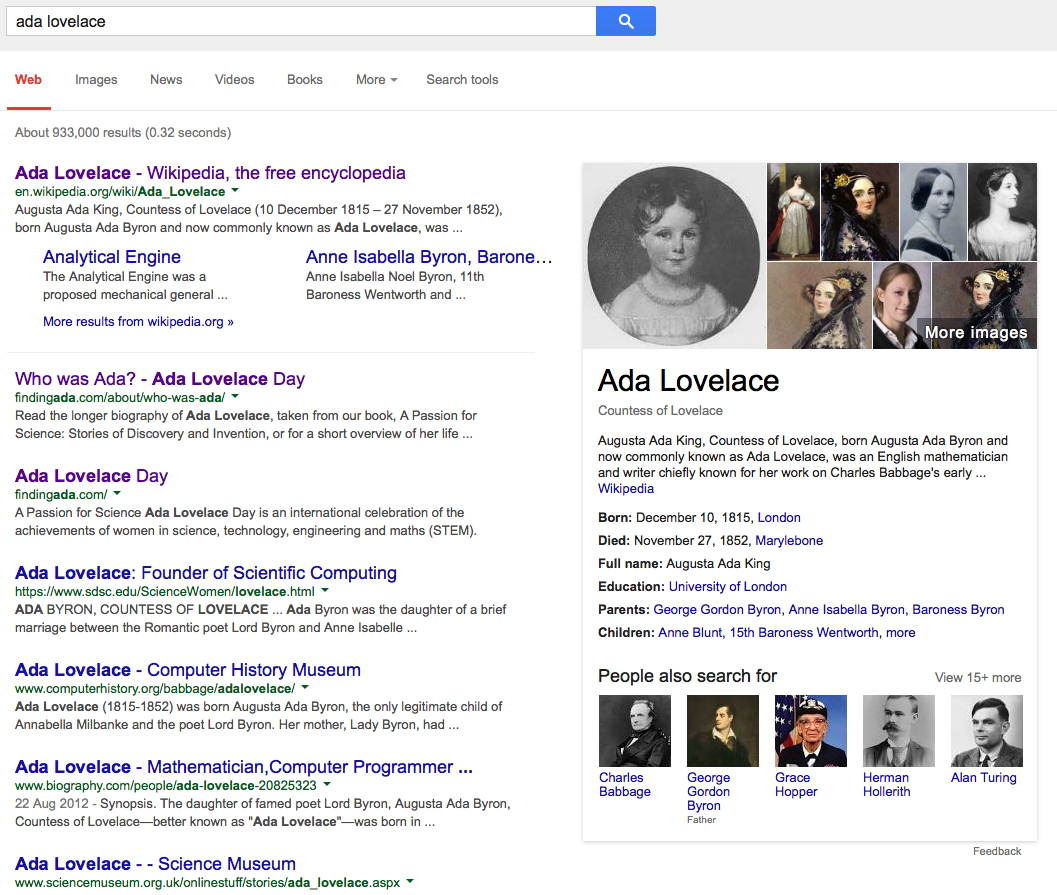We’re all to familiar with the phrase “just Google it” but have you ever wondered what Google actually is? Granted, this might seem like a silly question but we’ve found recently that the term “algorithm” is thrown around quite a lot – and some people still aren’t sure exactly what it is.
So What Is An Algorithm?
Also known as a ‘spider’ or ‘crawler’, Google defines it as: “a computer program that looks for clues to give you back exactly what you want”. Algorithms themselves can be used by computers or humans, but we like to leave the complex ones to the big guns…
…Isn’t that what Google Does?
Essentially, yes. You ask Google questions and Google searches the internet to help give you answers. Google’s own algorithm will never be revealed, after all that would make manipulating your organic rankings far too easy.
As Google constantly wants to improve how you receive the answers it returns to you, it varies what it shows depending on the search query. That’s why if you search for a local business you’ll get a map of where the business is located, or if you search for someone famous you’ll be shown photos, a short bio and even related people. In some cases you will see multiple search results including images, videos, and web pages.

Google+ is Google’s own social network. Recently Google has been pushing for greater Google+ integration, which is why you see reviews, pages and any blogs that have been linked to a specific Google+ author profile within search results.
What This Means For Searchers
All this information on one page is great for people looking for information on the internet. If they find the right answers easily then users will come back time and time again to use that search engine. Google cracked this in the early days hence the term “just Google it” rather than “just search for it” is often used.
What This Means for Websites
The point of Google is to return the most relevant and credible result for a search query. But what if Google’s end game is to show the most relevant result as THE answer? This could mean that searchers wouldn’t even have to visit the webpage returned as the result – that’s not so brilliant, especially for website owners.
All Is Not Lost!
Google doesn’t know everything yet – that’s why in the digital marketing community we make educated guesses as to what makes a ‘good’ website. Sifting through articles, talking to marketers and running our own tests, are just some of things we do which means we can identify elements a website needs to rank well in Google. It can get pretty complicated which is why it’s a good idea to have an agency on hand:
“Today Google’s algorithms rely on more than 200 unique signals or “clues” that make it possible to guess what you might really be looking for. These signals include things like the terms on websites, the freshness of content, your region and PageRank.” – Google (2014)
About PageRank
PageRank was created by Larry Page, the founder of Google. As part of Google’s wider algorithm PageRank determines how important a web page is. Typically PageRank assesses the number of links to a website, with every link acting as a vote, so the more links to a page then the more important the web page is considered to be. In recent years links aren’t considered to be as important as they once were, with many black hat SEOs manipulating their links via paid link farms.
PageRank is not the Holy Grail answer to all of your SEO wonders but it is worth considering. Take it into account when you’re creating your strategy, but don’t focus too much on it; everything in moderation.
Penguins and Pandas and Pigeons
Like all the best things right now, Google names its updates after animals.
It’s important for businesses and marketers to stay up to date with the latest algorithm changes as it can directly affect search results and therefore where your website is ranked. Understanding where a shift may have happened can allow you to tailor and ensure your SEO strategy has adapted in line with latest search engine changes.
The most recent is as yet unnamed but has been monikered as “Pigeon”. “Pigeon” focuses on local search and works to produce a more tailored search result relative to where you are. This means that local businesses are ranking higher and with greater relevance to search queries.
Request a free SEO audit
SEO can be a tricky business if you don’t have someone to hold your hand. Upperdog offers tailored SEO services including local, mobile and technical SEO that can help you become more visible to your potential customers. Request a free SEO audit or get in touch with us directly.